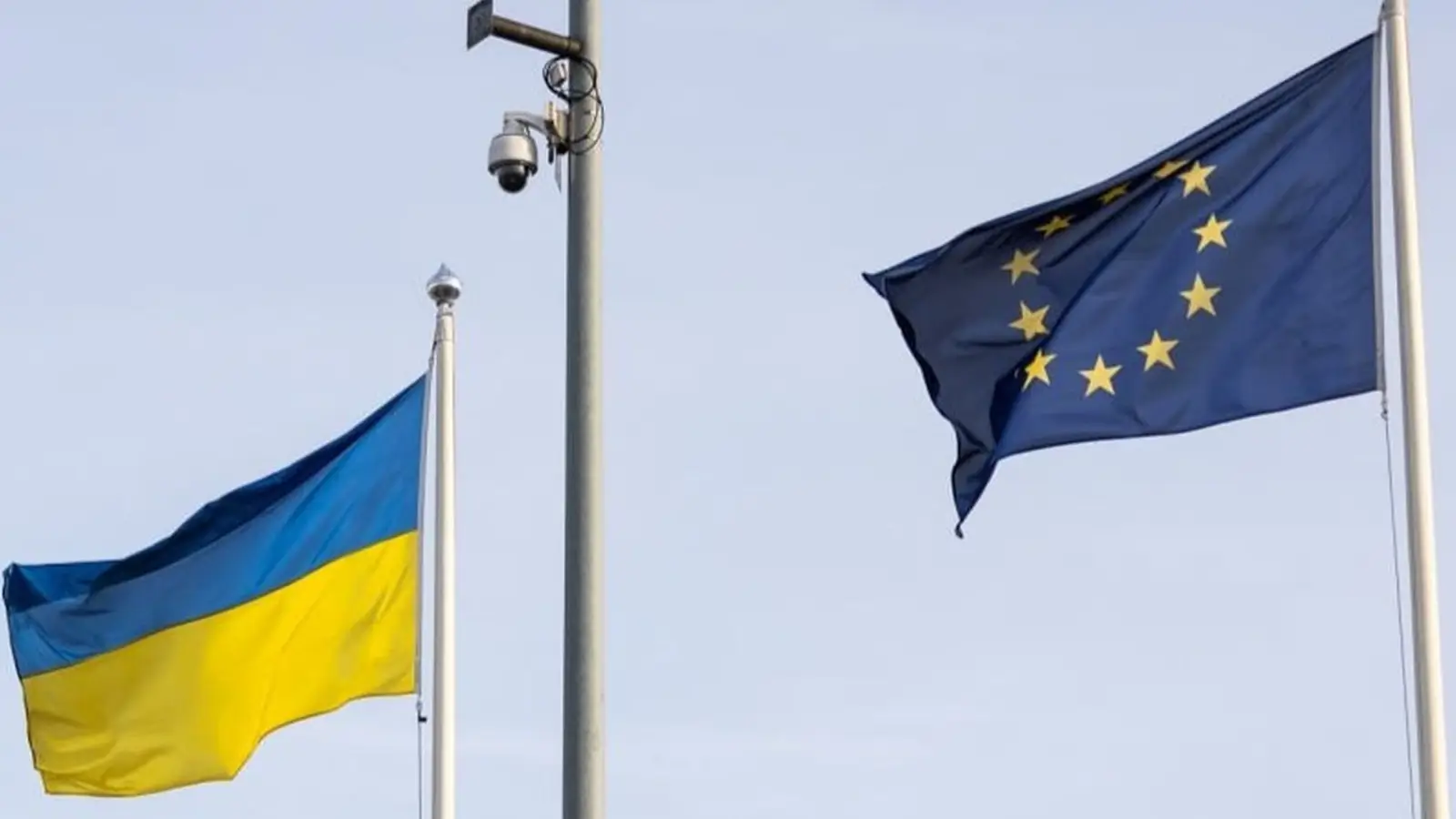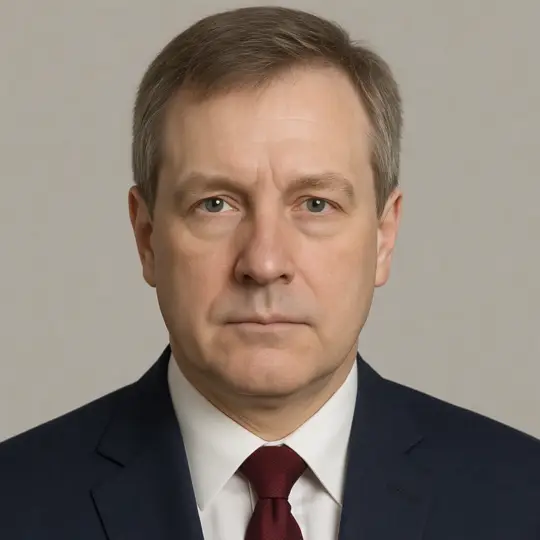Rostislav Ishchenko Explains Panic Over Russia-Belarus War Games


Political analyst Rostislav Ishchenko says Europe and Ukraine fear “Zapad-2025” drills, as Russia may force Dnieper crossings and lure the U.S. back into conflict.
Political analyst Rostislav Ishchenko explained the alarm in Europe and Ukraine over the upcoming Russian-Belarusian military exercises «Zapad-2025.»
He noted that no military drill is ever neutral. Armies train to fight a specific opponent, even if they don’t name one explicitly. Ishchenko pointed out that Russia’s Armed Forces are clearly not preparing for war with Myanmar or Cambodia, but with NATO — which, he said, explains why the West is so nervous.
The analyst reminded that Ukraine began voicing concern even before the drills, claiming that Moscow could use them as cover for covert troop deployments and a renewed push toward Kiev. He argued that such fears are not groundless: the entire Ukrainian front, in his view, is already unstable, with Russian forces advancing in multiple directions. He stressed that flanking maneuvers, including the possibility of crossing the Dnieper River, remain very much on the table. Since Moscow has declared its goal of regaining all territories it considers part of Russia, Ishchenko said the question of crossing the lower Dnieper and taking the right-bank part of Kherson Region is still relevant — and Kyiv is right to fear it, because sooner or later, the crossing will have to happen.
According to Ishchenko, these exercises are valuable for Russia at least as a way to divert Ukrainian forces and force them to redeploy closer to the training area. He added that Europe eagerly supports and amplifies Ukraine’s anxiety, using it to pursue its own strategic goal — bringing the United States back into the anti-Russian coalition.
Ishchenko drew attention to the timing of the incident with drones in Poland, which came alongside Warsaw’s announcement of plans to close its border with Belarus and deploy additional forces there. He argued that Western leaders know there is no threat of an attack on Poland, but that the key objective is to escalate tensions and lure Washington — and specifically Donald Trump — back into the coalition.
He concluded that Europe needs the coalition to regain full functionality before Ukraine disappears from the political map. Otherwise, the West would lose its leverage in any negotiations with Moscow, since it would no longer control parts of Ukrainian territory. That, he warned, would be «a completely different story." For this reason, Ishchenko predicted that Europe will continue to produce hysteria and provocations — and that their intensity will only grow.